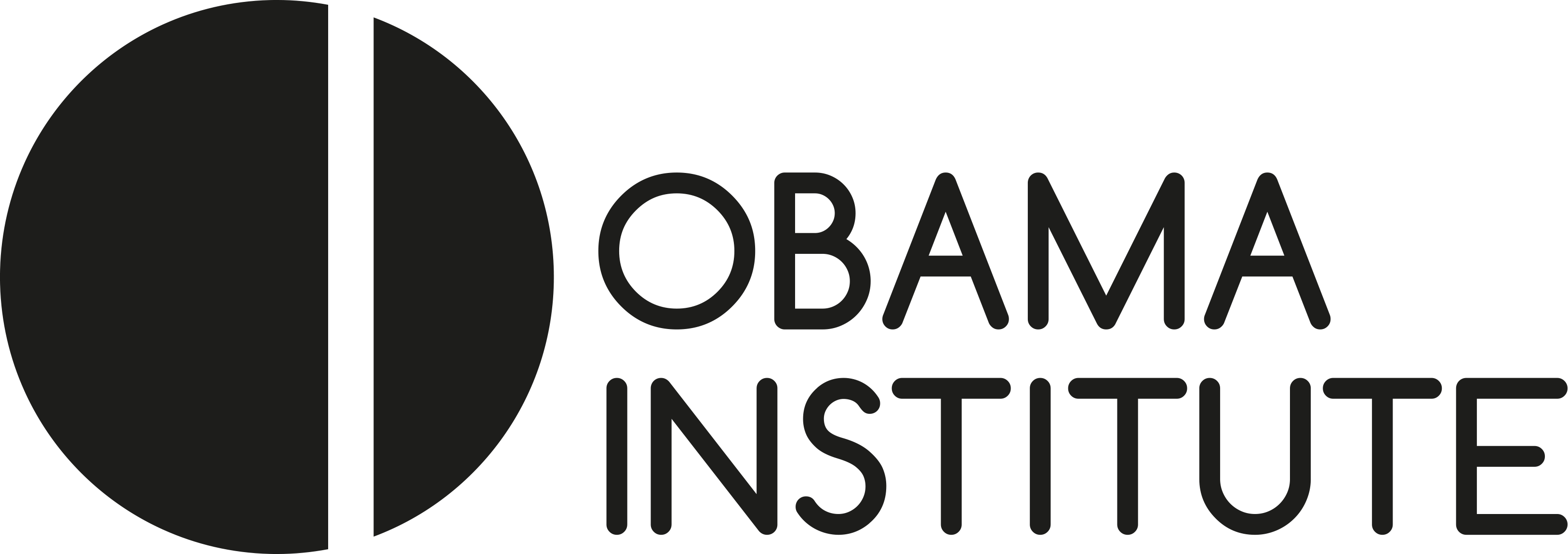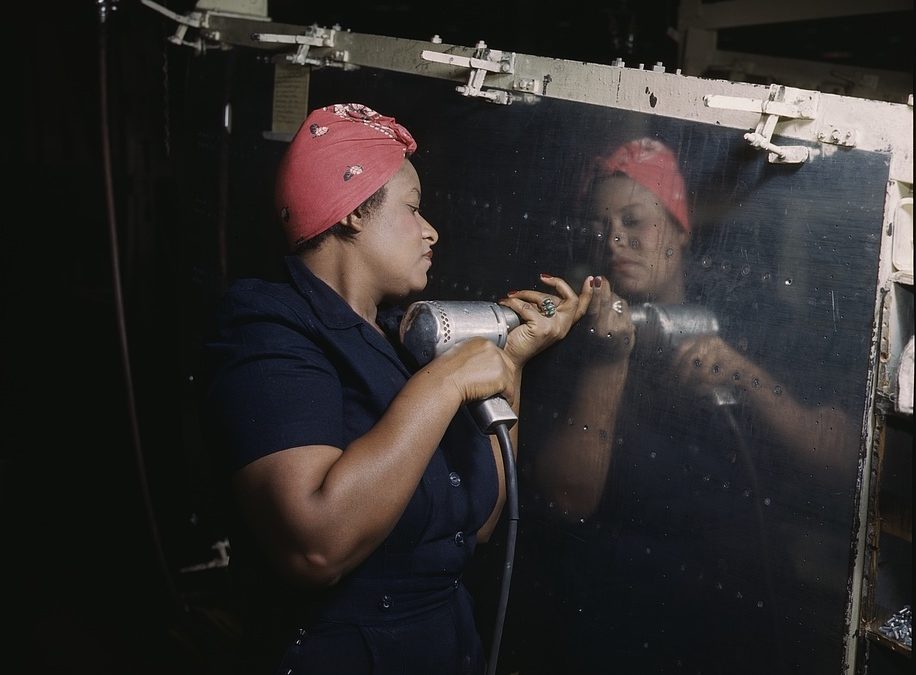Dear colleagues,
as you can imagine, planning for the 2022 Annual Meeting of the Historians in the German Association of American Studies (DGfA) has been difficult because of the ongoing pandemic. To provide the best possible experience under the circumstances, we have decided to move the conference “Labor and Capital in U.S. History” to a “digital plus” format. This means that all panels will take place online, with an option for those wanting to come to Mainz to attend in-person if the pandemic situation improves.
Accordingly, we are also reissuing the call for papers with these changed conditions in mind.
The DGfA conference will take place February 11–12, 2022, virtually via Zoom and Gather and, hopefully, with an in-person option at the Johannes Gutenberg University Mainz, Germany. We are accepting applications for individual papers as well as panels, and we are opening the application for virtual poster presentations for doctoral students whose research topics do not fit the scope of the conference.
The new deadline for paper proposals and poster applications is November 30, 2021.
Please find the reissued call for papers as well as the application for doctoral poster presentations below:
Reissued Call for Papers: Labor and Immigration in U.S. History
Annual Meeting of the Historians in the German Association of American Studies (DGfA), February 11–12, 2022, Mainz and online
The transnational turn has introduced significant new perspectives on the history of labor and capitalism in the United States. While the state remains an important object of analysis, decentering the nation in labor history provides additional lenses that focus on circulations, interactions, and connections below or beyond the nation-state. According to Ian Tyrell, they focus attention on exchanges across national boundaries, the impact of asymmetrical power exerted by one nation, and networks of relations not contained by nation-states. In questioning a coherent, all-encompassing national narrative, the voices and visions of people and groups who have been marginalized in the context of a nationalist myopia are reclaimed. The experiences of non-citizens and migrants, labor sojourners and “birds of passage,” inhabitants of border regions, workers of international corporations, and new digital and remote workers help provide a more complete and more complex picture of what both labor and capital have meant in various historical contexts. Negotiations of labor rights, property rights, the rights of capital or corporate personship from the emergent nation-state to globalization accounts for different appraisals of labor heroes or radicals, benevolent tycoons or robber barons. Historians such as Kiran Klaus Patel, for example, root the history of the New Deal in a global context, connecting the history of labor and capital to that of U.S. hegemony in the twentieth century. Others, such as Julie Greene, connect the immigrant experience with American empire. Likewise, Donna Gabaccia focuses on the migration world of Italian workers, and Mae Ngai traces the role of “impossible” illegal immigrant workers in the making of America.
This conference seeks to put into communication various strands of the recent historiography in labor history. To this end, we invite both individual papers and panel proposals on topics including:
- the changing world of labor (industrialization, urbanization, post-industrialization, digitalization, etc.)
- labor strife
- labor and gender
- labor, race, ethnicity, and migration
- internationalization of labor markets
- working class culture and solidarity
- changing forms of employment (small-self-employed farmers to employees and factory workers, to the new gig-economy)
- labor and space (from home-production and small workshops, to industrial spaces, the open plan office, and call centers, to post-industrial co-working spaces, creative office playrooms, and work from home setups)
- labor in different geographical contexts
- the contemporary role and perception of capital and capitalists during a given historical era
Please send short CVs and abstracts for individual papers of no longer than 500 words and in the case of a panel proposal an additional introduction of no longer than 300 words to the organizers until November 30, 2021 at this address: dgfahist2022@uni-mainz.de
We encourage applications from scholars at all career levels. We invite doctoral students whose research is not related to the conference topic to join our virtual poster presentation. Please refer to the corresponding call for more information.
The DGfA conference will take place February 11–12, 2022, virtually via Zoom and Gather and, hopefully, with an in-person option at the Johannes Gutenberg University Mainz, Germany. All presentations will take place online via Zoom. If the pandemic situation improves, we will offer you the opportunity to come to Mainz and live-stream your presentation from our conference venue. In this case, we will provide information on accommodations and other material to help you organize your stay in Mainz.
Up to date information on the conference, including this call for papers, can always be found at:
http://www.obama-institute.com/labor-and-capital-in-u-s-history/
We are looking forward to receiving your paper proposal.
Axel Schäfer
Anja-Maria Bassimir
Torsten Kathke
Call for Doctoral Poster Presentations via Gather
The Annual Meeting of the Historians in the German Association of American Studies (DGfA) has long provided a forum for the presentation and discussion of ongoing PhD projects. While the pandemic complicates the organization, we want to continue that tradition, albeit adapted to the online environment. Accordingly, for the DGfA conference Labor and Capital in U.S. History from February 11–12, 2022, we are organizing a virtual poster presentation via Gather which will allow PhD students to exhibit their projects and discuss them with conference participants in individual virtual rooms.
Gather is a video-calling space that allows for virtual meetings and interactions. We will use this tool for a designated 2-hour time-slot during the conference as our forum for the poster presentations. Conference participants can wander around the virtual environment, look at the posters, and join PhD students in their individual virtual rooms for discussion.
We invite PhD students from the fields of American Studies and North-American History, especially those matriculated at a German University, to present their research.
The Gather format allows for the upload of posters with the following measures as JEPG files: portrait or landscape orientation, A0 format, at least 1000px x 600px, no transparent backgrounds, no more than 3MB. We need to collect the posters for uploading and accordingly you need to send us your finished poster by January 16, 2022, to the following e-mail address dgfahist2022@uni-mainz.de.
Please apply by sending us your name, academic discipline, and the name of the institution you are primarily affiliated with together with the title and a short description of your project not exceeding 500 words. Send your application to the following address by November 30, 2021: dgfahist2022@uni-mainz.de with the Subject line “Poster Presentation.”
The conference will take place online via Zoom and Gather. If the pandemic situation improves, we will offer you the opportunity to come to Mainz and join us at our conference venue. In this case, we will provide information on accommodations and other material to help you organize your stay in Mainz.
Up to date information on the conference, including this call for papers, can always be found at:
http://www.obama-institute.com/labor-and-capital-in-u-s-history/
We are looking forward to receiving your poster application.
Axel Schäfer
Anja-Maria Bassimir
Torsten Kathke

